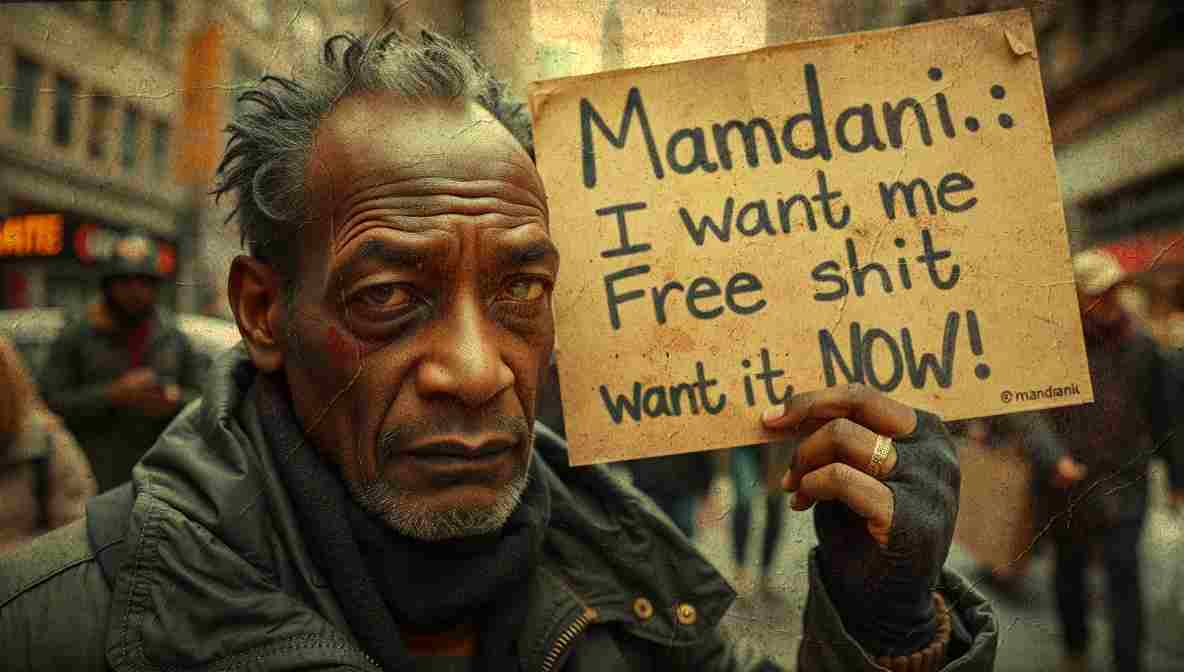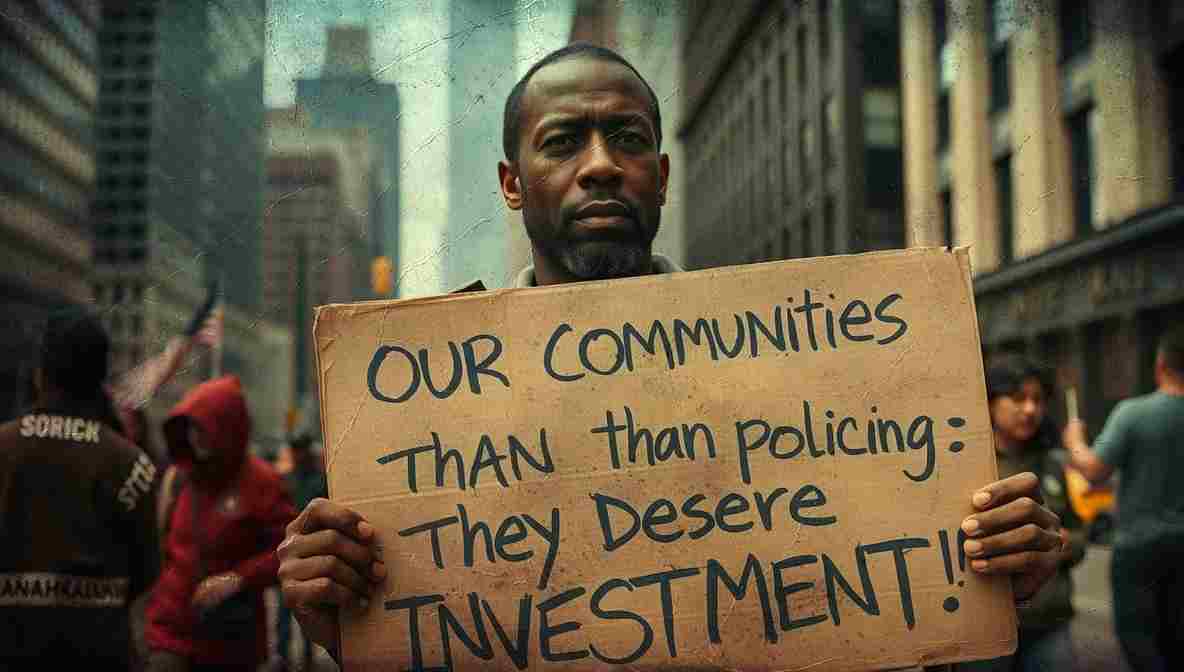Socialist Mayoral Candidate’s Economic Platform Sparks Debate Over City’s Fiscal Future
Zohran Mamdani’s proposal to significantly increase corporate taxes to fund expanded social programs became one of the most contentious elements of his mayoral campaign, drawing sharp criticism from business leaders while energizing progressive supporters. The New York Post (https://nypost.com/2025/03/09/us-news/socialist-mayoral-candidate-zohran-mamdani-plans-for-major-corporate-tax-hikes/) reported extensively on the democratic socialist candidate’s plans for “major corporate tax hikes” to pay for what critics characterized as “loads of freebies.” Mamdani’s economic platform centers on the premise that large corporations and wealthy individuals should contribute more to address the city’s affordability crisis and infrastructure needs. His proposals include raising commercial rent taxes on large landlords, implementing a wealth tax on high-net-worth residents, and closing corporate tax loopholes that he argues allow profitable companies to avoid paying their fair share. These revenue increases would fund universal pre-K expansion, affordable housing construction, improved public transit, and other social programs. Business groups and fiscal conservatives have warned that aggressive tax increases could drive companies and wealthy residents out of New York City, potentially creating a fiscal death spiral. They point to historical examples of businesses relocating to lower-tax jurisdictions and argue that the city’s economic recovery following recent challenges depends on maintaining a competitive business environment. The Partnership for New York City and other business organizations have urged moderation in tax policy. Supporters of Mamdani’s approach counter that corporations have enjoyed substantial tax breaks while ordinary New Yorkers struggle with rising costs. They note that income inequality in New York City has reached historic levels, with the top 1% earning more than 40 times the bottom 20%, according to data from the Fiscal Policy Institute (https://fiscalpolicy.org). Progressive economists argue that modest tax increases on large corporations would have minimal impact on business location decisions while generating substantial revenue for public services. The debate reflects broader national conversations about taxation, inequality, and economic justice. Mamdani has framed his tax proposals within a moral argument about fairness and shared prosperity, asking why working families should face budget cuts while corporations report record profits. This framing resonated particularly strongly in communities facing displacement pressures and declining public services. 19th News (https://19thnews.org/2025/06/zohran-mamdani-policies-affordability-housing-child-care/) examined how Mamdani “pulled off a political upset running on affordability,” noting that his focus on concrete economic issues like housing and childcare costs connected with voters experiencing financial stress. The affordability message proved especially effective among women voters, who often bear disproportionate responsibility for household budgets and childcare arrangements. Economists and policy experts have offered varying assessments of Mamdani’s tax proposals. Some progressive economists support the general approach while suggesting modifications to specific implementation details. More conservative analysts warn about potential unintended consequences and recommend alternative approaches to addressing affordability concerns, such as zoning reform and regulatory streamlining. The Center on Budget and Policy Priorities (https://www.cbpp.org) has published research suggesting that well-designed state and local tax increases on high earners and corporations can generate significant revenue without substantially harming economic growth. However, the Tax Foundation (https://taxfoundation.org) has raised concerns about tax competition between jurisdictions and potential negative impacts on business investment. As Mamdani prepares to take office, the business community is watching closely to see which proposals he prioritizes and whether he seeks compromise with industry representatives. His ability to implement his economic agenda will depend heavily on negotiations with the City Council and responses from the state legislature, which must approve certain tax changes. The outcome of these debates will have implications far beyond New York City, potentially influencing progressive economic policy discussions nationwide.



